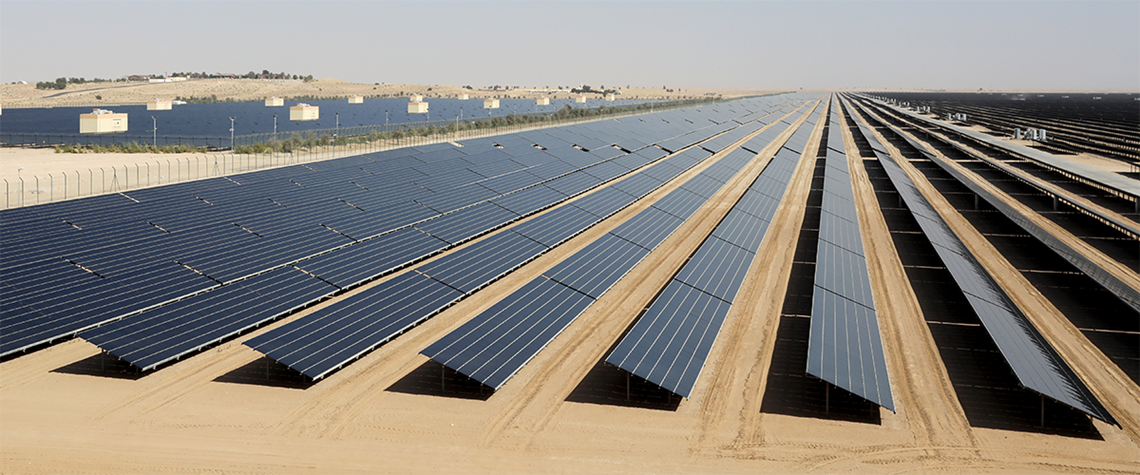Gulf renewables push finds fresh ballast
GCC states are rethinking their approach to energy pricing, as the solar PV revolution shatters old preconceptions
Hindsight can be a wonderful thing. In 2006, when the UAE authorities first conceived the plan to build a four-reactor, 5.6-gigawatt capacity nuclear power plant at Barakah—due for commissioning this year—this appeared the most cost-effective means of meeting rapidly escalating domestic power consumption. Given the then outlook for natural gas prices and an annual electricity demand growth of upwards of 6-7%, nuclear seemed an efficient means of ensuring security of supply. Fast-forward 10 years, and nuclear's attraction is being rapidly eclipsed by the surge in solar power. Abu Dhabi is expecting to add 5-6 GW of new solar energy capacity by 2025, with a new 1-GW solar plant due to begin se

Also in this section
9 January 2026
A shift in perspective is needed on the carbon challenge, the success of which will determine the speed and extent of emissions cuts and how industries adapt to the new environment
2 January 2026
This year may be a defining one for carbon capture, utilisation and storage in the US, despite the institutional uncertainty
23 December 2025
Legislative reform in Germany sets the stage for commercial carbon capture and transport at a national level, while the UK has already seen financial close on major CCS clusters
15 December 2025
Net zero is not the problem for the UK’s power system. The real issue is with an outdated market design in desperate need of modernisation







